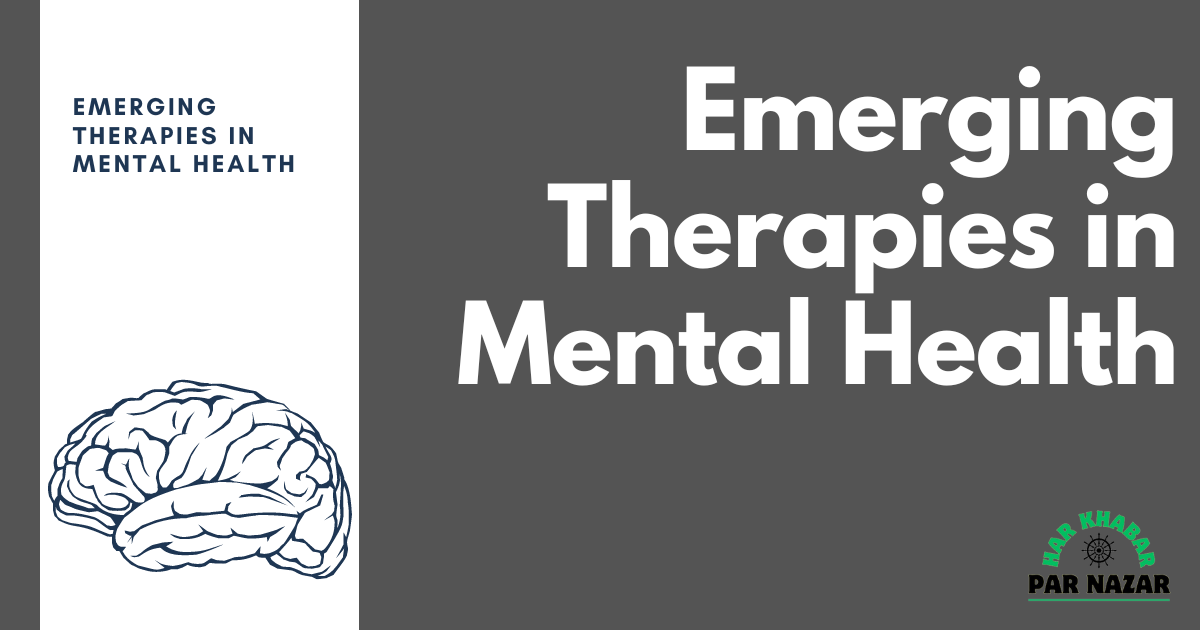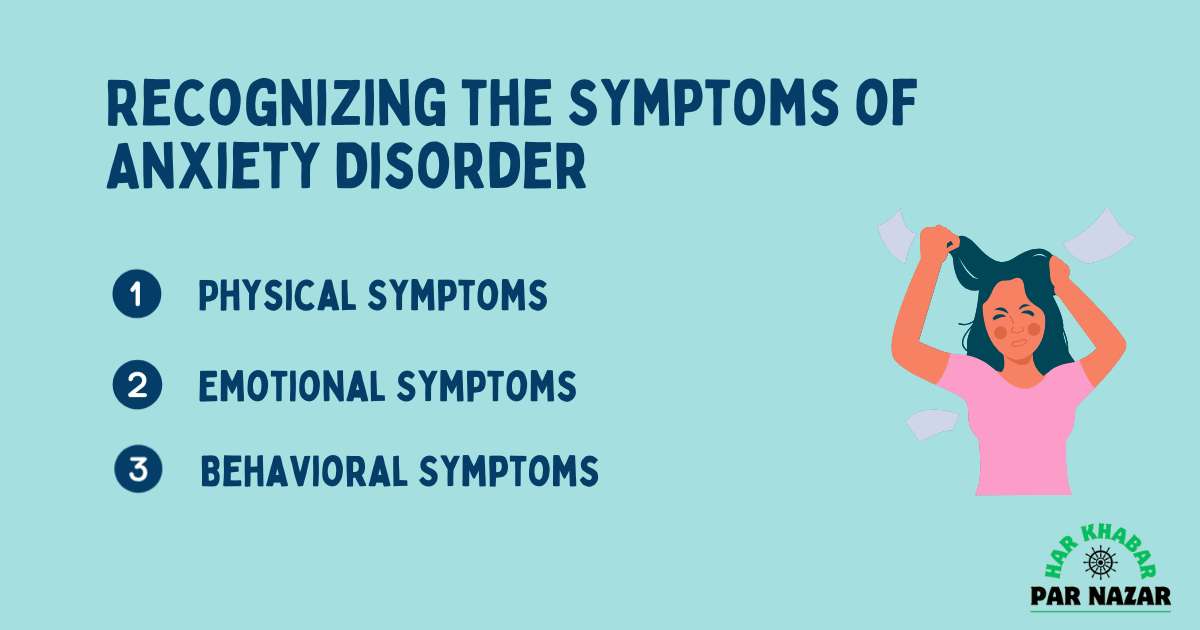
Discover Harmony within Holistic Approaches to Mental Wellbeing
Introduction
Have you been feeling overwhelmed lately, like the weight of the world is on your shoulders? If so, you're not alone. In today's fast-paced society, maintaining mental well-being can be a challenge. This blog post is designed specifically for wellness enthusiasts and mental health advocates interested in exploring comprehensive methods for sustaining mental health. From cutting-edge treatments to the role of diet in emotional well-being, this guide outlines a holistic approach to integrating body, mind, and spirit for a balanced life.
Emerging Therapies in Mental Health
Cutting-Edge Treatments Explained
The realm of mental health treatments constantly evolves, introducing innovative therapies that offer new hope. One such therapy is Transcranial Magnetic Stimulation (TMS), which uses magnetic fields to stimulate nerve cells in the brain. TMS has shown promise in treating depression and anxiety.
Another emerging treatment is Psilocybin-Assisted Therapy. Psilocybin, the active compound found in certain mushrooms, is being studied for its potential to treat depression, PTSD, and other mental health conditions. Early results are promising and could herald a new frontier in mental health care.
Neurofeedback is another groundbreaking approach. This method involves monitoring brain activity and providing real-time feedback to help individuals regulate their brain functions. It's particularly effective for conditions like ADHD and anxiety.
Personalized Mental Health Care
Tailoring Treatment to Individual Needs
One-size-fits-all treatments often fall short in addressing unique mental health needs. That's where personalized mental health care comes in. Tailoring treatment plans to individual needs can significantly enhance the effectiveness of therapy.
Genetic testing can provide insights into how an individual might respond to different medications, allowing for more precise prescriptions. This reduces the trial-and-error process that can be time-consuming and discouraging.
Personalized care also involves considering lifestyle factors. For instance, a treatment plan may integrate exercise, dietary recommendations, and stress management techniques to provide a comprehensive approach to well-being.
Personalized care also involves considering lifestyle factors. For instance, a treatment plan may integrate exercise, dietary recommendations, and stress management techniques to provide a comprehensive approach to well-being.
Breaking the Stigma
Promoting Mental Health Awareness in the Workplace
Despite advancements in mental health care, stigma remains a significant barrier to seeking help. Promoting mental health awareness in the workplace is crucial for breaking down these barriers.
Employers can offer mental health training for managers and staff, fostering an environment where mental health is openly discussed and supported. This can lead to a more inclusive and productive workplace.
Another effective strategy is implementing Employee Assistance Programs (EAPs). These programs provide confidential counseling services and resources, encouraging employees to seek help without fear of judgment.
Tech Trends in Mental Wellness
AI and Digital Solutions Transforming Therapy
Technology is revolutionizing mental health care, making it more accessible and effective. AI-driven mental health solutions like chatbots and virtual therapists offer immediate support and can be a valuable resource for those unable to access traditional therapy.
Digital platforms such as BetterHelp and Talkspace provide online counseling services, connecting individuals with licensed therapists from the comfort of their homes. These platforms often offer various communication methods, including video calls, messaging, and phone calls.
Wearable technology, such as smartwatches, can track physical activity, sleep patterns, and even stress levels. These devices can provide valuable data that helps individuals and their therapists monitor and manage mental health conditions more effectively.
Mindfulness and Mental Resilience
Techniques for Stress Management
Mindfulness practices are powerful tools for managing stress and building mental resilience. Techniques such as meditation, deep breathing exercises, and mindful movement like yoga can significantly reduce stress levels.
Meditation apps like Headspace and Calm offer guided sessions that make it easy to incorporate mindfulness into daily routines. These apps provide various programs catering to different needs, whether managing anxiety or improving sleep quality.
Incorporating mindfulness into everyday activities can also be beneficial. Simple practices like mindful eating or walking can help individuals stay present and grounded, enhancing overall well-being.
Psychological Impact of Social Media
Managing Mental Health in the Digital Age
Social media has become an integral part of modern life, but it can also contribute to anxiety and depression. Understanding the psychological impact of social media is essential for managing mental health in the digital age.
One effective strategy is setting boundaries around social media use. Limiting screen time and curating a positive online environment can reduce the negative effects of social media.
Another approach is digital detoxing. Taking regular breaks from social media can help reset mental health and promote a healthier relationship with technology.
Holistic Approaches to Mental Wellbeing
Integrating Body, Mind, and Spirit
A holistic approach to mental well-being recognizes the interconnectedness of body, mind, and spirit. Integrative mental health practices, such as combining traditional therapy with complementary therapies like acupuncture and massage, can provide a more comprehensive approach to well-being.
Physical activities like tai chi and qigong promote physical health and balance the mind and spirit. These activities emphasize slow, deliberate movements and deep breathing, offering a meditative experience.
Spiritual practices, such as meditation and mindfulness, can also play a crucial role in holistic mental well-being. These practices encourage self-awareness and promote inner peace, contributing to overall mental health.
Crisis Intervention Strategies in Mental Health
Effective Emergency Responses
Crisis intervention strategies are essential for managing mental health emergencies. Knowing how to respond effectively can make a significant difference in outcomes.
Training in Mental Health First Aid (MHFA) equips individuals with the skills to provide initial support during a mental health crisis. This training covers recognizing signs of mental health issues, providing support, and guiding individuals to appropriate professional help.
Crisis hotlines and text services offer immediate support to those in need. These services provide a lifeline for individuals experiencing a mental health crisis, offering support and resources to help them through difficult times.
Mental Health and Nutrition
The Role of Diet in Emotional Wellbeing
Nutrition plays a vital role in mental health. A balanced diet can significantly impact emotional well-being, making it an essential component of mental health care.
Foods rich in omega-3 fatty acids, such as fish and flaxseeds, have been shown to improve mood and reduce symptoms of depression. Incorporating these foods into the diet can support mental health.
Probiotics, found in foods like yogurt and fermented vegetables, promote gut health, which is closely linked to mental health. A healthy gut can improve mood and cognitive function, highlighting the importance of nutrition in mental well-being.
Art Therapy Benefits
Creative Expression for Healing and Growth
Art therapy offers a unique approach to mental health care by harnessing the power of creative expression. This form of therapy can promote healing, growth, and self-discovery.
Engaging in creative activities like painting, drawing, and sculpting can provide an outlet for emotions, helping individuals process and express feelings they may struggle to articulate verbally.
Art therapy also encourages mindfulness and relaxation. The act of creating art can be meditative, reducing stress and promoting a sense of calm and well-being.
Conclusion
Holistic approaches to mental well-being offer a comprehensive path to integrating body, mind, and spirit. From emerging therapies and personalized care to the role of nutrition and creative expression, these methods provide valuable tools for maintaining mental health. By exploring these approaches, individuals can discover new ways to promote well-being and build a balanced, fulfilling life. Remember, taking that first step towards a holistic approach can make all the difference. If you're ready to explore further, consider booking a call with a mental health professional to tailor these strategies to your unique needs.



.png)